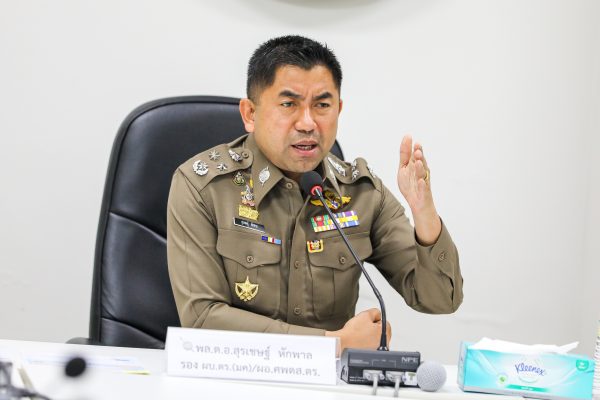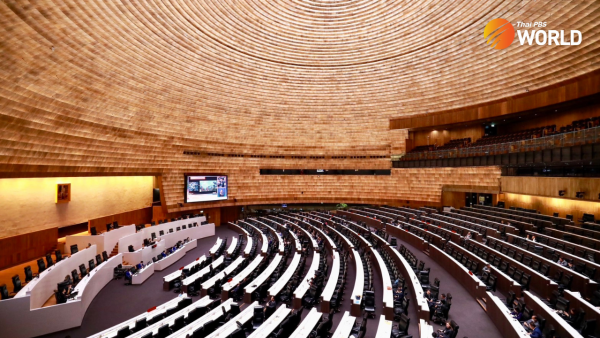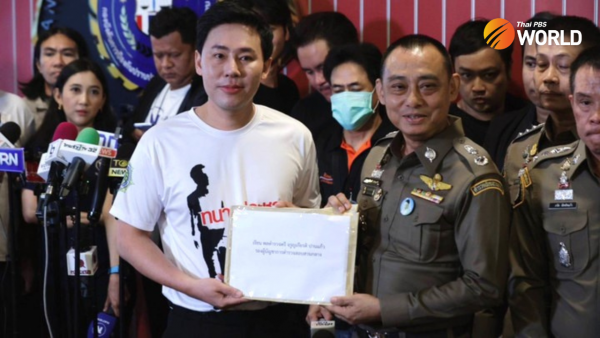Opposition seeks to ruin govt’s New Year party

A “shock and awe” campaign has been promised, but the apparently-imminent upcoming censure debate can make or break the opposition as much as it can give the Prayut Cabinet a nightmarish countdown to 2020. Simply put, a lot are at stakes for both sides.
Prime Minister Prayut Chan-o-cha is emerging from the Asean Summit with his “legitimacy” intact, if not improved. He has received a US pledge to look into America’s GSP problems with Thailand and supervised a smooth high-level regional meeting, which was also attended by senior guests from other parts of the world. In between, he managed to pacify China with sweet words along the lines of “Although we are a tiny nation, we can be of big help to you the superpower” and was reciprocated in kind by a visiting Chinese delegation.
In addition to that, his public statement denying self-exiled Cambodian opposition figure Sam Rainsy a passage through Thailand for his planned and potentially explosive return to Cambodia will do no harm to Prayut’s status among Asean governments. In short, Prayut seems to be doing just fine internationally.
Thailand’s opposition is trying to make sure that Prayut is brought back down to earth the second the Asean Summit curtain is closed. A decision has virtually been made to grill him before year’s end, although opposition parties are deciding what will be the best censure strategy. Grilling individual ministers can drive a wedge among government politicians, whereas attacking Prayut and thus censuring the entire Cabinet can unite them.
So far, the opposition has only had primary targets in mind. Apart from Prayut, Deputy Prime Minister Somkid Jatusripitak will reportedly be scrutinized over economic problems. Not only has he overseen the overall economy, but Somkid’s defection from “the other side” means it has an old score to settle.
The opposition bloc has insisted that some censure information would “shock” people. Certainly, it is referring to “evidence” on corruption. Although the post-election Prayut government has been in power for just a short period of time, the prime minister has been reigning over Thailand for a few years now, with key post-coup helpers still active in the “civil” administration.
Damning evidence on corruption will surely stagger Prayut, further chipping away at remaining excuses to continue holding power. “Although we don’t have enough hands in Parliament to bring down the government, we will be counting on hands outside Parliament who may not finish off this administration right away but who will certainly end its legitimacy to rule,” one opposition leader said.
He is right. But what is left unsaid is no less significant. While corruption and maybe bad economy are the opposition’s formidable weapons, bringing back the controversial oath recital or Prayut’s “contempt” for democracy is not, not least because those issues have bored the public, been discussed inside and out and concern people’s unchangeable ideological thinking. Many opinion polls have confirmed that the public have been tired of political clashes that have nothing to do with their well-being, so it could be the opposition’s big mistake to concentrate on whether or not Prayut is a dictator.
The ideological camp within the opposition must be patient, analysts say. If the censure debate floored Prayut on corruption, it will be easier to, say, change the charter. On the other hand, if the opposition goes into the debate waving an ideological flag, that may even blur information that the public could really benefit from. After all, the opposition parties, knowing the chances to outvote the government are very slim, want to give Prayut, not themselves, a pre-New Year nightmare.






